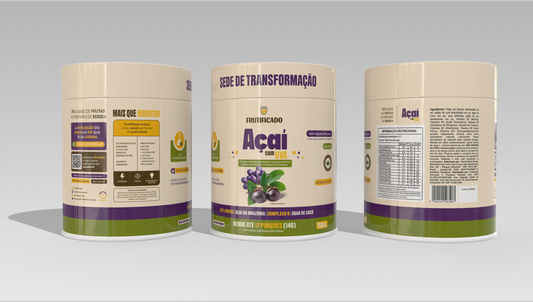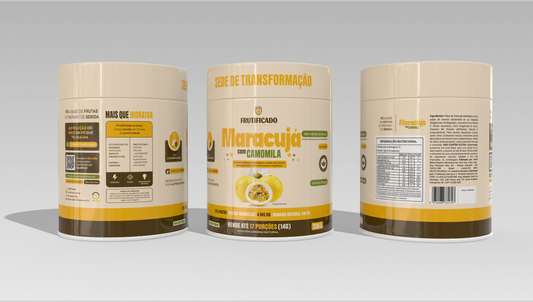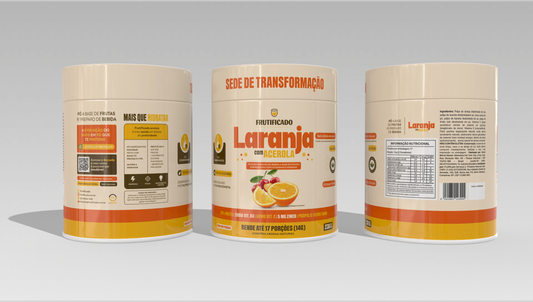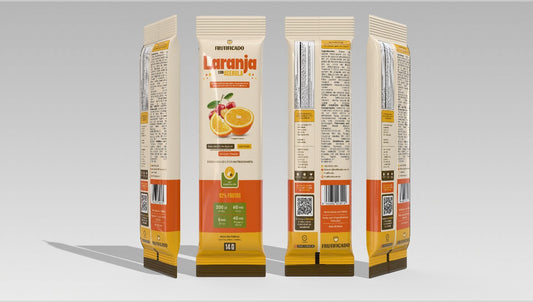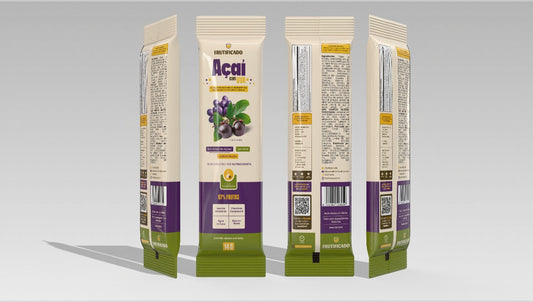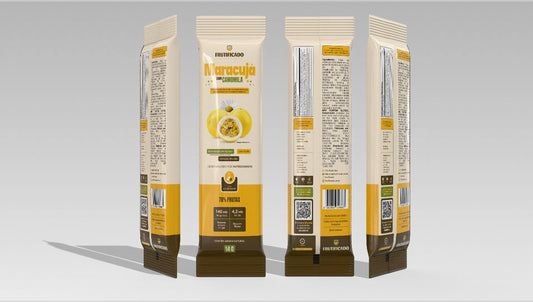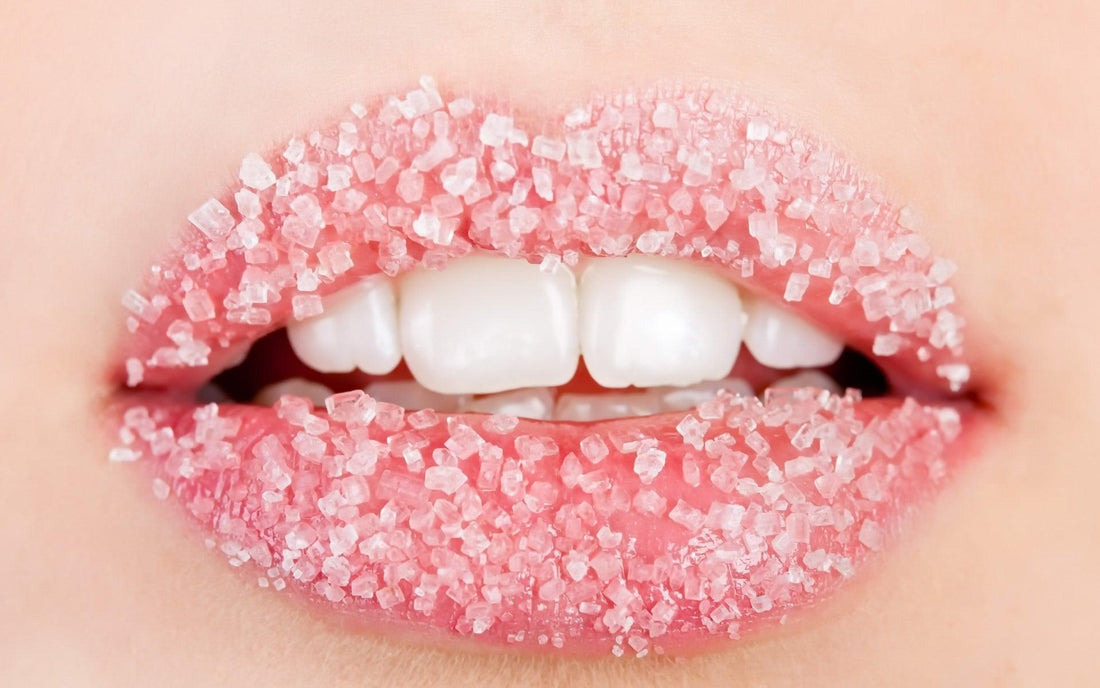Sweeteners were created to sweeten the lives of those who should not consume sugar, such as diabetics. Over time, the product was introduced into the diet of those who want to maintain or lose weight, or even by those who think it is a healthier option – a mistake. Check out this interesting information: until 1988, diet and light products were considered medicines and were only sold in pharmacies. Nowadays, a large percentage of households consume them and today they are considered food and sold freely. Excessive daily use or use without recommendation can be harmful to health.
What is sweetener?
Sweeteners (which can be natural, artificial, caloric or non-caloric) are produced from substances responsible for the sweet taste. For example, saccharin and cyclamate, derived from petroleum (that's right: petroleum); stevioside, derived from the stevia plant; aspartame, from a combination of amino acids; sucralose, derived from a modified sugar molecule (with added chlorine); xylitol. They have a much greater sweetening power than cane sugar (common) and dietary sugars are recommended for special diets, such as restrictive diets (especially for diabetes) and weight loss.
What about sugar?
Are brown sugar, demerara sugar, crystal sugar, and refined sugar different? They are still sugar in terms of calories and glycemic index. Therefore, if the idea is to reduce or eliminate sugar consumption, none of these are worth it. However, in terms of nutrients, the less refined the sugar, the better. It has a little more minerals compared to white sugar, but that still does not justify its use.
Which one to use?
In an ideal world, there is no better option. In the real world, the idea is to gradually cleanse the palate. And for recipes, brown sugar is a good idea, as is the sweetener xylitol. And it is almost always possible to use almost half of what is called for in the recipe. When we talk about excess sugar, we only think of diabetes. But it goes much further. To give you an idea, there is a group of researchers who call Alzheimer's type 3 diabetes, given its association with increased sugar consumption and neurotoxicity.
What to think about all this?
We often use sugar or sweeteners simply out of habit, and it's not that easy to give them up overnight. However, it is possible to change, as long as we want to. Our neurological programming is accustomed to sweet flavors and we know little about the real flavor of the food itself. You drink coffee with sweetener, very sweet, and you don't know what pure coffee tastes like. Have you ever thought about that? Today, we have an intense volume of information. Many types of these products, several studies and a lot of doubt and confusion. Our cells work on demand, that is, the more I give them, the more they want. In addition, there are people who have genetic polymorphisms that make them need to consume sugar more. Eating more bitter and acidic foods, as well as healthy fats, causes our cellular receptors for sugar to be inhibited.
When you wake up, avoid added sugar and opt for sources of antioxidants, such as tea and fresh fruit. How about trying a tea with slices of ginger and orange, lemon or apple peel?
Using a spray containing gymnenasylvestre on your tongue can help you wean yourself off sweets, since some cellular receptors for sugar are the same as those for some phytochemicals. Therefore, the more of these substances, the more we saturate the receptors and the less they will need sugar.
And the children in all this?
Overweight and obesity continue to be a major public health concern for children worldwide. The World Health Organization (WHO) estimates that globally, approximately one in ten young people aged 5 to 17 are overweight, and these rates have been rising rapidly in many countries and regions in recent years. This is not to mention diabetes among children, whether due to genetic factors or a sedentary lifestyle and an unbalanced diet. Foods and beverages containing stevia can play an important role in reducing calories from unwanted sweeteners in children’s diets (such as artificial sweeteners) and even from artificially sweetened beverages. Several global regulatory organizations around the world, including the FAO/WHO Joint Expert Committee on Food Additives, the European Food Safety Authority and the US Food & Drug Administration (FDA), have determined that high-purity stevia extract is safe for consumption by the general population, including children, when consumed within recommended levels. After a series of reviews and approvals, these regulatory bodies established an Acceptable Daily Intake (ADI) for high-purity steviol glycosides (≥95%) expressed in steviol equivalents of up to 4 milligrams per kg of body weight per day. According to the Brazilian Society of Pediatrics (SBP), the consumption of these substances is permitted in children of all ages, only in cases where a change is necessary, such as in the conditions mentioned earlier in this text. Before the age of two, for example, it is not recommended that children consume any type of sugar, not even sweeteners. However, for older children, it may be a necessary tool, which should be assessed on a case-by-case basis.
Remember that being overweight is a multifactorial condition that goes beyond diet. And that "cleansing excess" from the palate, including sweet tastes, is more than recommended before even thinking about replacing sweeteners. It is essential to seek guidance from the family's pediatrician and/or nutritionist regarding the amount and type of sweetener to be consumed, as well as how to incorporate healthier habits into your daily life.
